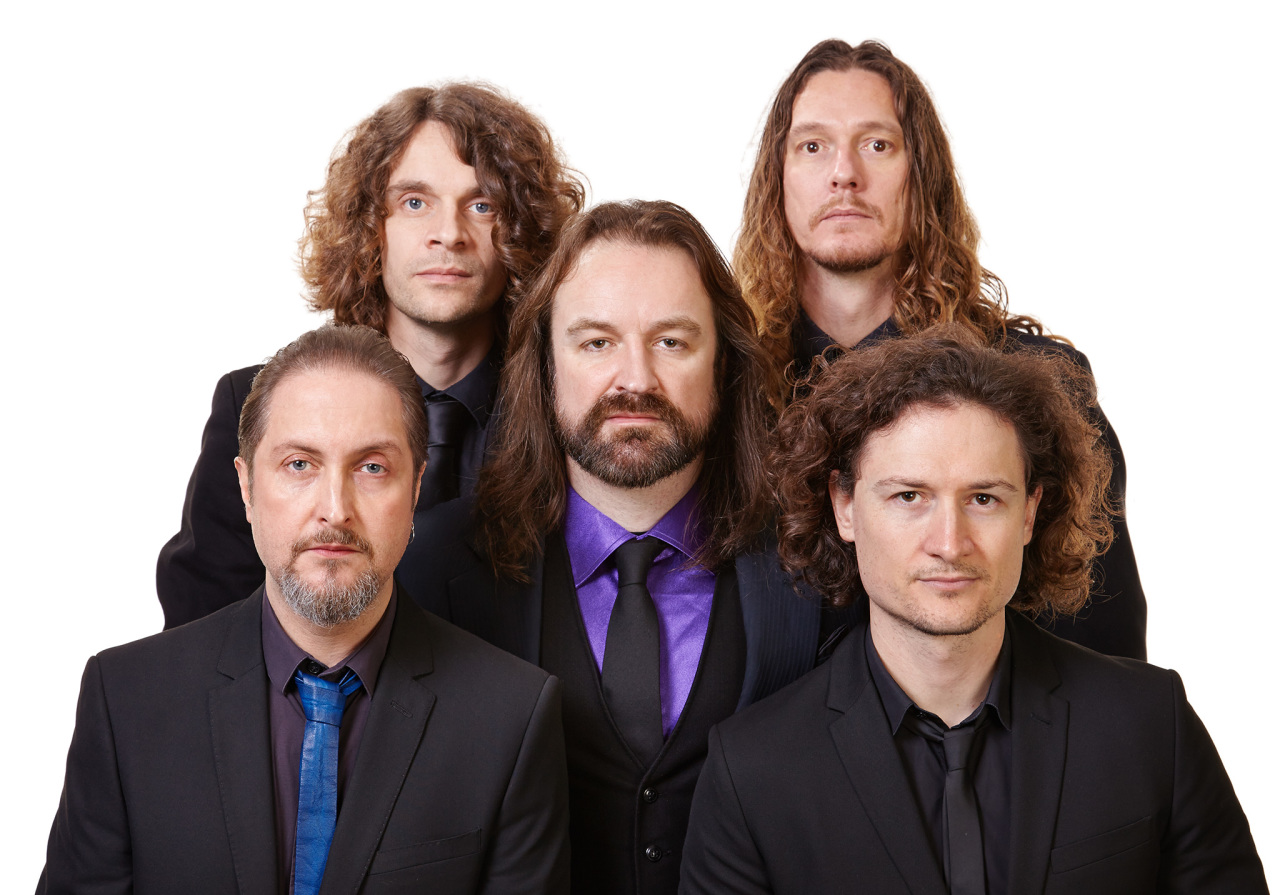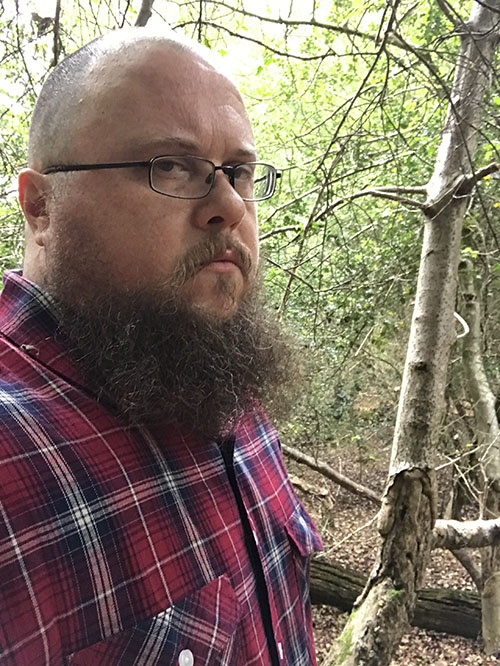We caught up with Adam Wakeman to get the lowdown on Headspace’s new concept album and what dissuaded him from a lifetime of environmental activism…
It seems everything’s happening at once for you this year, with the new Headspace album coming out just as the Black Sabbath tour gets underway?
Adam: ”Yeah, it seems to be all or nothing in this business! One of the great things about this Sabbath tour is that they’re quite specific with the time they want off in between legs of the tour, so it gives me a window to commit to doing some shows with Headspace. Originally we were looking at that gap in Europe to do some shows, but apparently the rest of Europe shuts down for holiday in August, so all the venues are closed! So we’re gonna look at a full tour in December, and we’re doing a couple of festivals this summer, so we’re really excited about them.”
** Headspace’s new concept album is called All That You Fear Is Gone. What themes are being addressed this time?**
“The first album was very much based on the individual, the roads we travel alone. This album is more based on how a group tries to control the individual, and their inability to do so. There’s a desire for people to group together to control individuals but ultimately it doesn’t work that way; we try to reflect on big business, religion and governments and how they suppress individual creativity, and each song tries to reflect that in a different story.”

Is it a direct sequel to 2012’s full-length debut I Am Anonymous?
“We’re looking at this as the second album in a trilogy – I had a great question from a journalist the other day who said, ‘In what way is this the second album of a trilogy?’ (laughs) I think it must have got lost in translation! Damian (Wilson, Headspace vocalist) has certainly started on the lyrical content of the third album in the trilogy, but it’s difficult, you don’t want to run away too much thinking about the next one before this one’s out. We want to put all our focus on this for the live performances, and then start writing again towards the end of the year.”
If the next album is the conclusion of a trilogy, it must be hard not to be thinking about where you can take it next?
“It’s difficult to not think about music all the time anyway! You’re always thinking what the next project can be. One of the beauties about music is that it’s always changing. Headspace is a good example of that, it’s a fluid process, it’s the sum of the parts; it’s the five people whose input make the band what it is.”
Does the music inspire the lyrics? What comes first?
“What’s happened with this album is that Pete (Rinaldi, Headspace guitarist) and I wrote a load of musical ideas and sent them to Damian, and he’d start working on lyrics and melodies and how the songs are going to fit together, so there’s a lot of going back and forth. That’s kind of why it takes so long, apart from us trying to fit it in between other commitments. I know that Damian is changing things right up until the last day before he records the vocals, so there’s never any accidents on there, it’s very well planned. The longer it takes, the less likely we are to look back in 10 years and think ‘Oh, I wish I’d changed that’. We’re as happy as we can be with what we produced.”
Are you often surprised by how Damian has interpreted your music vocally, or is that something you all discuss in advance?
“It’s funny, Pete and I might write a section thinking it will be vocal, and another section thinking it’s a place for a solo, but Damian will interpret it in a different way, which is fantastic. There’s no point saying to anybody in the band ‘I really want this to be here’; it’s important that we all have the freedom to play exactly the parts that we want to write. Sometimes it’s surprising; on this album there’s a couple of very short tracks that Pete wrote as little palate cleansers, kind of musical interludes, but Damian sang some great melodies on them and had great ideas for lyrics, so they became songs.”
You’ve lived around this kind of music at the highest level all your life; can you remember the first time that music had a deep personal impact upon you?
“Well, I didn’t really like progressive music when I was younger! I remember when I was a kid we went to a record store in Texas, my dad was playing with one of the incarnations of Yes and they were doing a record signing. Myself and my brother were there, and the owner of the store told us we could choose some free CDs. All the ones that were on display were mainly Yes albums, so I picked up a load of those, and later swapped them with my brother for a football! But the first song that I would play over and over again was Who Wants To Live Forever by Queen. I just played it over and over and over and over. I thought lyrically, musically and performance-wise it was just so moving.”
When did you first realise that you were destined for a musical career of your own?
“The moment that made me want to be a musician was seeing dad onstage at Wembley, I think with Anderson Bruford Wakeman Howe. I just thought, ‘That’s what I want to do’! At the time I either wanted to be a policeman, a Greenpeace protestor or a musician. Unfortunately, I’m not very good on boats, so Greenpeace went out the window, and the music won! I think it’s the energy that you feel in a room among people at a live show. It never fails to touch me when I’m involved in any kind of show, the connection with an audience – and when it’s a huge audience like that, it does create a mass emotion. I remember getting swept up in that, and thinking ‘This is amazing’. The music and performance were really touching people, and for me that was it, I just wanted to do that. There were many times when I was younger when I was questioning what on earth I was doing, but ultimately I’m still here and I’m still managing to pay a mortgage!”
All That You Fear Is Gone will be released on February 26 through InsideOut.

